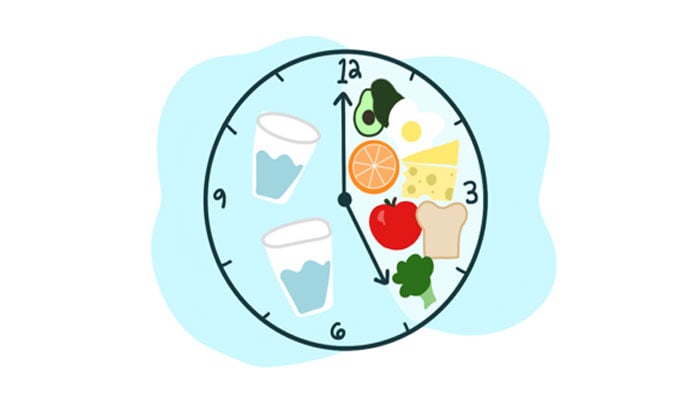
A recent evidence review revealed that intermittent fasting does not impair adults’ mental abilities, including decision-making, memory, and problem-solving.
According to research published in the Psychological Bulletin, the analysis revealed that skipping a meal or fasting for nearly half a day does not impact cognitive performance.
Associate professor of psychology at the University of Auckland David Moreau stated, “Our main finding was that there is generally no consistent evidence that short-term fasting impaired mental performance.”
“Individuals who fasted performed remarkably similarly to those who had recently eaten, suggesting cognitive function remains stable in the absence of food intake.”
For the study, researchers analysed 71 previous studies of nearly 3,500 participants. Despite common beliefs, such as the saying “You’re not you when you’re hungry.”
“Many people believe that missing a meal leads to immediate declines in mental acuity, but our synthesis of the evidence suggests otherwise,” David added.
Results indicated that no overall impact from fasts of 12 hours or less.
However, cognitive performance declined slightly during fasts longer than 12 hours. Children also experienced greater declines than adults, reflecting the need for regular meals in younger age groups.
“Pediatric populations may require particular consideration when evaluating fasting interventions,” Moreau noted, underscoring the vulnerability of the developing brain.
Overall, the findings support intermittent fasting for healthy adults.
Researcher further stated, “Cognitive performance remains stable during short-term fasting, suggesting most adults need not worry about temporary fasting affecting mental sharpness or daily task performance.”












